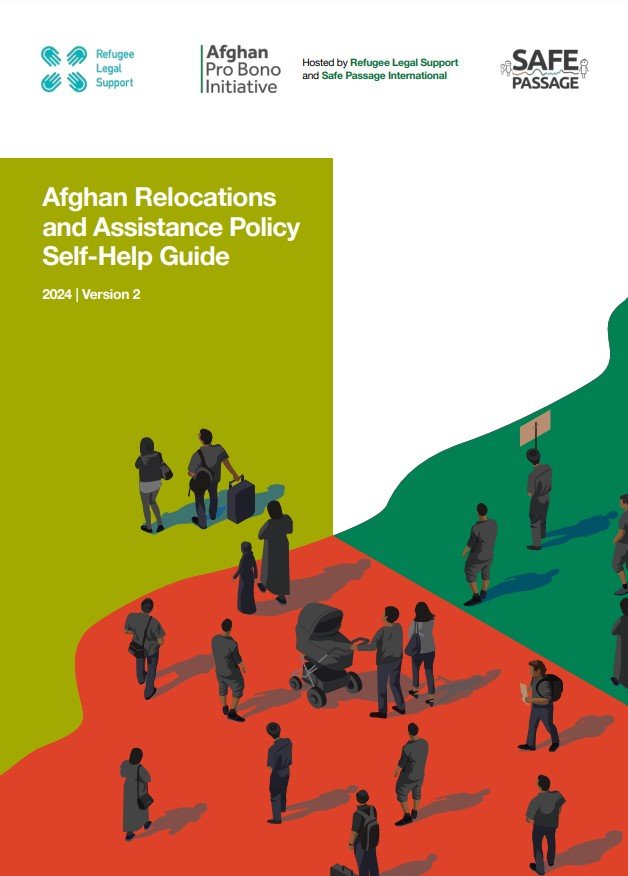My name’s Zofia, I’m an immigration and asylum lawyer in the UK and have worked in the sector for 20 years now. I recently joined the RLS team to supervise our new legal aid contract.
This means I’ll be taking on cases for appeals or review by the Courts. Without a legal aid contract, this is something that RLS hasn’t been able to do in the past. This limited the support we could provide to some of the people we work with.
Nick asked me to write to you to tell you a little about my role and what it means for the people we work with in the UK. We’re currently running a fundraising campaign. If you’d like to support this work, you can donate here.
Why taking cases to appeal or judicial review is so important for the people RLS works with in the UK
Much of our work focuses on reuniting families and helping people through resettlement routes. However families are complicated and the immigration rules are very restrictive. This causes a lot of problems for our clients. The Home Office interprets the rules strictly and they want very particular documents. They only recognise a few types of family relationships and not the situations which may arise when families have been forced to flee violence or war and have become separated.
A lot of the people we help struggle to gather the documents that the Home Office demands. This could be because they’ve been left behind or destroyed, or because the people we’re helping are in hiding and so can’t gather the items.
How my role and our new legal aid contract helps
All Home Office policies contain some flexibility and there’s a requirement to exercise discretion. But this rarely happens when they make the initial decision. This means that our team can do everything right and applications might still be refused because the policy has been applied very restrictively. Particularly as the people we work with have very tricky cases.
In the past, RLS would struggle to help people after this initial refusal. We’d have to rely on getting help from elsewhere, which is very tough to find. Now that we have the legal aid contract, I can take these cases before the courts.
And these aren’t speculative applications. We expect to win.
Judges are able to ensure that the policies have been applied correctly and in accordance with the law.
The kinds of cases we’ll take on
For cases where we’re helping to reunite families, the Home Office is only likely to recognise partners and child/parent relationships where the child is under 18. But what about two brothers who have lost all of their family and only have each other left? Surely they need to be reunited.
Or a child might have just turned 18, but that doesn’t mean that they’re suddenly ready to fend for themselves in a new country, without any support, particularly after the experiences and journeys that people we work with have often endured.
As another example, there are many people in Afghanistan who fought alongside UK forces and under UK command. Now their lives are in serious danger. Such cases aren’t always a perfect fit for the UK’s resettlement schemes but clearly they need support.
These cases are likely to be rejected in the first instance – and not because they aren’t meritorious. But we can now request the Courts review these decisions – and expect to win.
This last example is close to home for me as my dad was resettled in the UK in similar circumstances following the second world war.
Legal aid is limited and can only cover a few aspects of what we do. It can’t cover our running costs or our initial contact with clients, the hours of conversation with people on the other side of the world, taking details about their situation before we can take on their case.
If we aren’t there, people are unlikely to get help.
Thank you,
Zofia Duszynska, Legal Aid Supervisor, RLS


